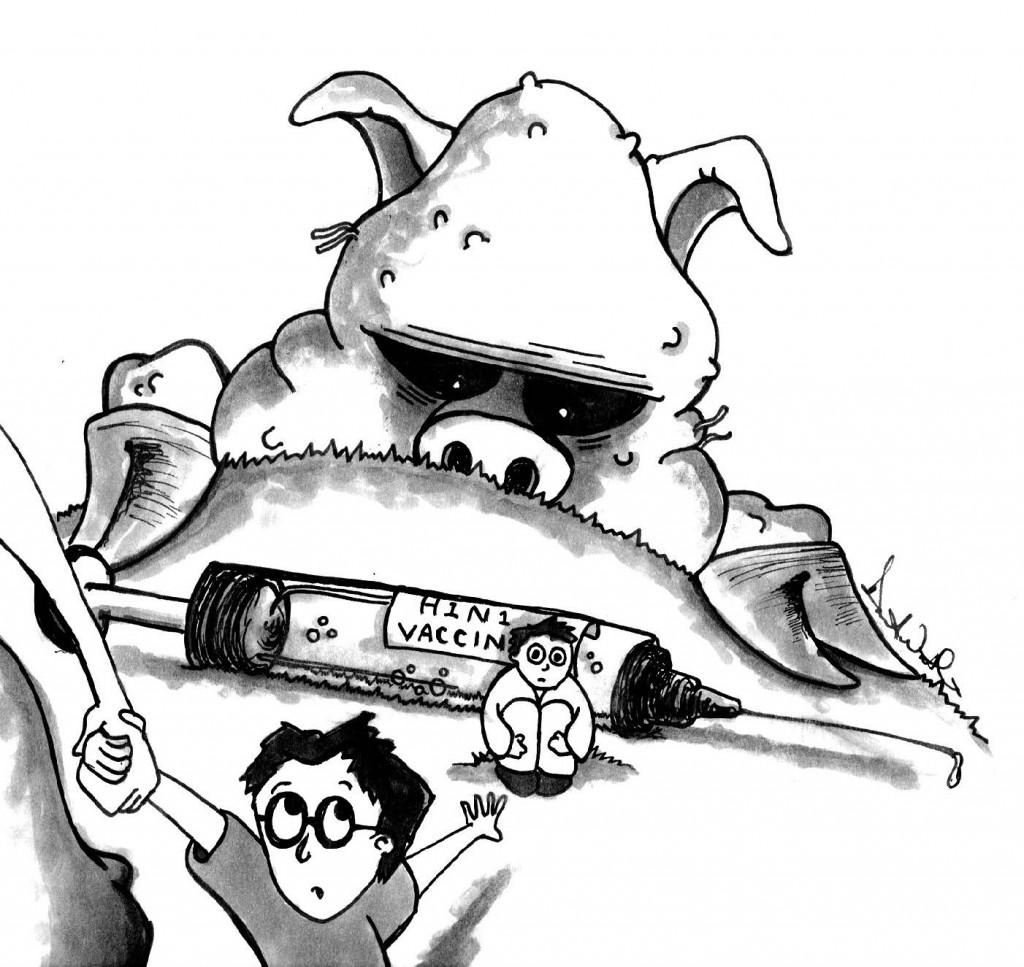By Shanda Block/entertainment editor
NE Campus students sat in a room with an example of an altar while a woman from Cuernavaca, Mexico, told about the altar’s purpose and role in the Mexican celebration Day of the Dead.
The altars made in Mexico for the deceased typically have water (for the dead will be thirsty after their travel back to the world of the living), the favorite alcohol of the deceased, marigolds (since it is the flower symbol of death), incense, a photo close to the time of death, salt, a blanket (to rest), sugar, a form of corn, the Aztec ceramic dog that guides them and so much more.
Dalel Cortes, executive director of the Instituto Mexicano de Español y Cultura, spoke in Spanish to the audience and had replies in the same language, but NE Campus instructor Jaime Palmer translated the main points for those who didn’t understand.
“I put it [the speech] together as an educational experience for students and community to get a glimpse of something totally unique,” Palmer said.
Cortes started her PowerPoint presentation showing the Mexican flag. From there, the audience learned some things about Mexico, such as Aztec being the other primary language in Mexico.
The main focus after that was on traditions for Day of the Dead, the one day of the year when legend has it the deceased may reunite with their families. The living share the good things in their lives with the dead by putting items the deceased enjoyed on an altar.
Day of the Dead even has a chant called Nahuatl, which talks about going out of the earth, something the spirits of the dead are believed to do.
Most celebrations with altars are held by individual families. However, communities of smaller families sometimes offer an altar. The closest relative of the deceased welcomes the others there to welcome the dead to the altar. Smaller villages and Aztec indigenous people make more elaborate altars, Cortes said.
Overall, the Day of the Dead helps to strengthen families and has minimal mourning, Cortes said. The celebration helps families to let go and provides a sort of therapy regarding the deceased.
Student Andrea Ochoa said the speech was “very informative and gave detailed information” on the custom.
Another TCC student, Briana Ochoa, said the speech was an “enriching experience” and “demonstrated culture of Mexico really well.” She said the speech “makes me want to go to Mexico.”


























